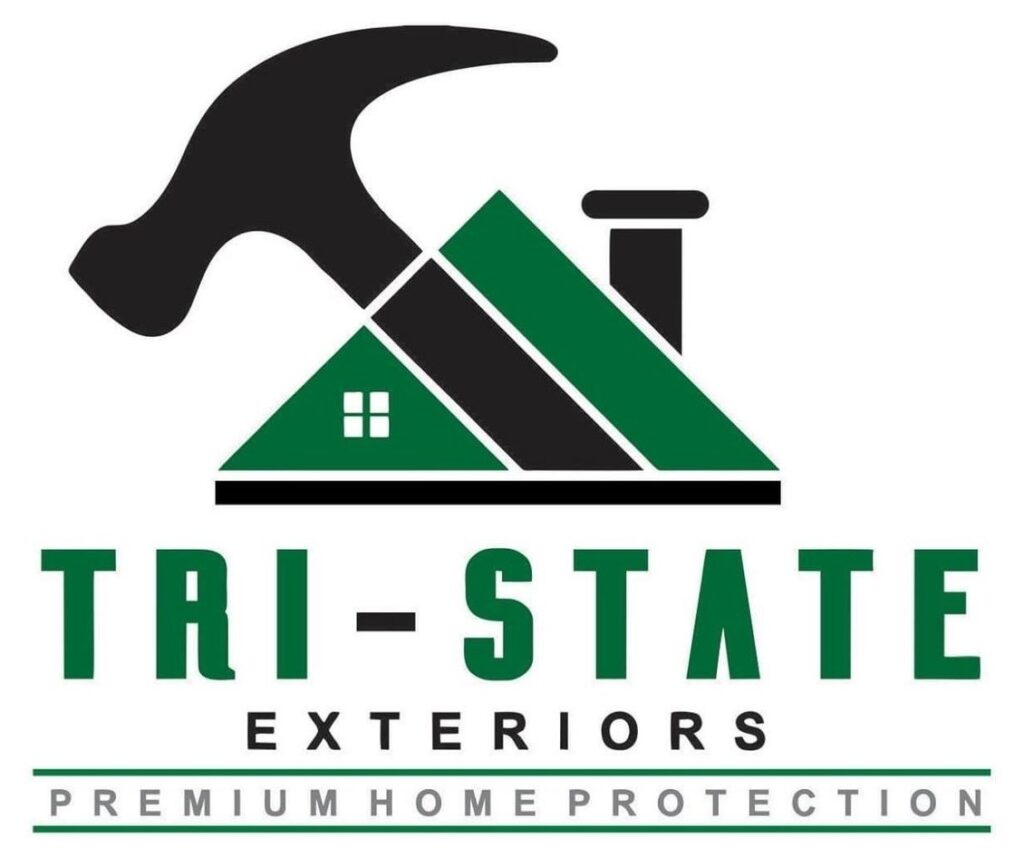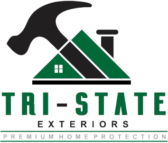When it comes to choosing a roofing material for your home, there are numerous options to consider. One such option gaining popularity in recent years is metal roofing. Known for its durability and sleek appearance, metal roofing offers several advantages over traditional roofing materials. However, like any other choice, it also comes with its own set of drawbacks. In this blog post, we’ll explore the pros and cons of metal roofing, helping you make an informed decision for your home.
Pros of Metal Roofing:
- Longevity and Durability: Metal roofs are renowned for their exceptional longevity. When properly installed and maintained, they can last 40 to 70 years, or even longer, outlasting many other roofing materials. Metal roofs are resistant to various environmental factors such as fire, rot, insects, and mildew. Additionally, they can withstand extreme weather conditions, including heavy rain, snow, and high winds.
- Energy Efficiency: Metal roofs are highly reflective, meaning they reflect solar radiant heat instead of absorbing it. This reflective property helps to reduce cooling costs during hot summer months, making metal roofing an energy-efficient choice. Some metal roofing systems also offer additional insulation, further enhancing their energy-saving capabilities.
- Low Maintenance: Unlike other roofing materials that require frequent maintenance, metal roofs are relatively low maintenance. They don’t crack, curl, or warp, and they are resistant to corrosion and rust. Occasional inspections and simple maintenance tasks like clearing debris and keeping gutters clean are typically sufficient to keep a metal roof in optimal condition.
- Environmental Benefits: Metal roofing is considered an environmentally friendly choice for several reasons. Firstly, it is often made from recycled materials and can be recycled at the end of its life, reducing waste. Secondly, its longevity reduces the need for frequent roof replacements, reducing the overall environmental impact. Lastly, metal roofs can be installed over existing roofs, minimizing the need for tear-offs and disposal of old roofing materials.
Cons of Metal Roofing:
- Cost: One of the significant drawbacks of metal roofing is its initial cost. Metal roofs tend to have a higher upfront expense compared to other roofing materials such as asphalt shingles. However, it’s important to consider the long-term value and lifespan of metal roofing, which can offset the initial investment over time.
- Noise: Some homeowners associate metal roofs with increased noise levels during rain or hailstorms. While it’s true that metal roofs can be noisier than other roofing materials, this can be mitigated through proper insulation and the installation of sound-deadening materials.
- Denting: Metal roofs, particularly those made of softer metals like aluminum, can be prone to denting from heavy hail or falling branches. However, modern metal roofing systems are designed to be impact-resistant, and the risk of denting can be minimized with proper installation and choosing thicker gauge metal.
- Expansion and Contraction: Metal roofs have the potential to expand and contract with temperature changes, which can lead to some movement and noise. However, professional installation techniques, such as using fasteners with room for movement, can help mitigate this issue.
Metal roofing offers numerous benefits, including exceptional durability, energy efficiency, low maintenance, and environmental advantages. While the initial cost and potential noise or denting concerns may deter some homeowners, the long-term value and lifespan of metal roofing make it a compelling option to consider. If you’re looking for a long-lasting, low-maintenance roofing solution that can withstand various weather conditions, metal roofing might just be the perfect fit for your home.
Remember to consult with roofing professionals to assess your specific needs and determine whether metal roofing is right for you. Reach out to Tri-State Exteriors for your free roof inspection and estimate.


